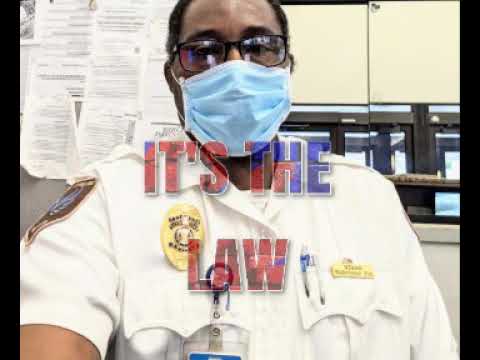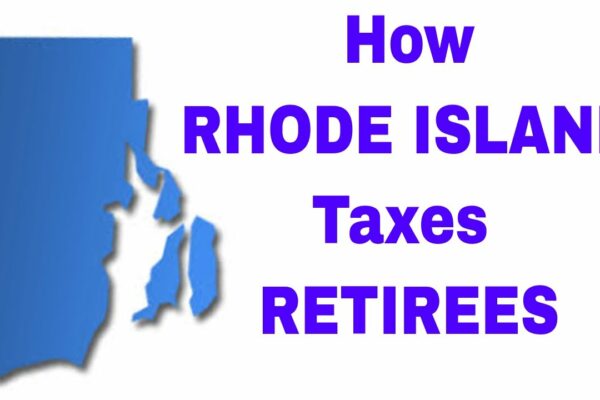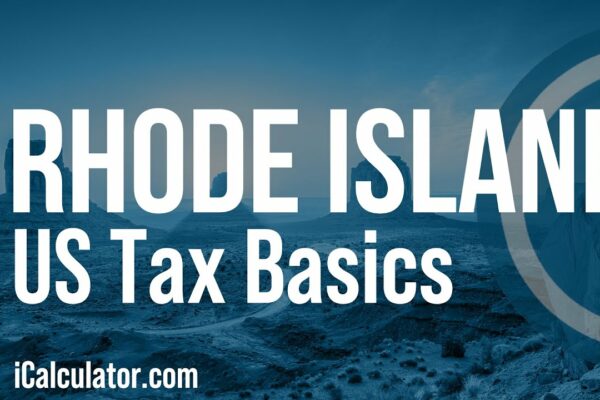
Is the Rhode Island Bay Cruise Fast Ferry quick?
The Rhode Island Bay Cruise Fast Ferry offers a speedy mode of transportation for travelers. With its impressive speed and efficiency, this ferry allows passengers to reach their destination swiftly and comfortably. Avoid the hassle of traffic and enjoy a smooth ride across the bay, making it a convenient choice for those looking to save time on their journeys.









